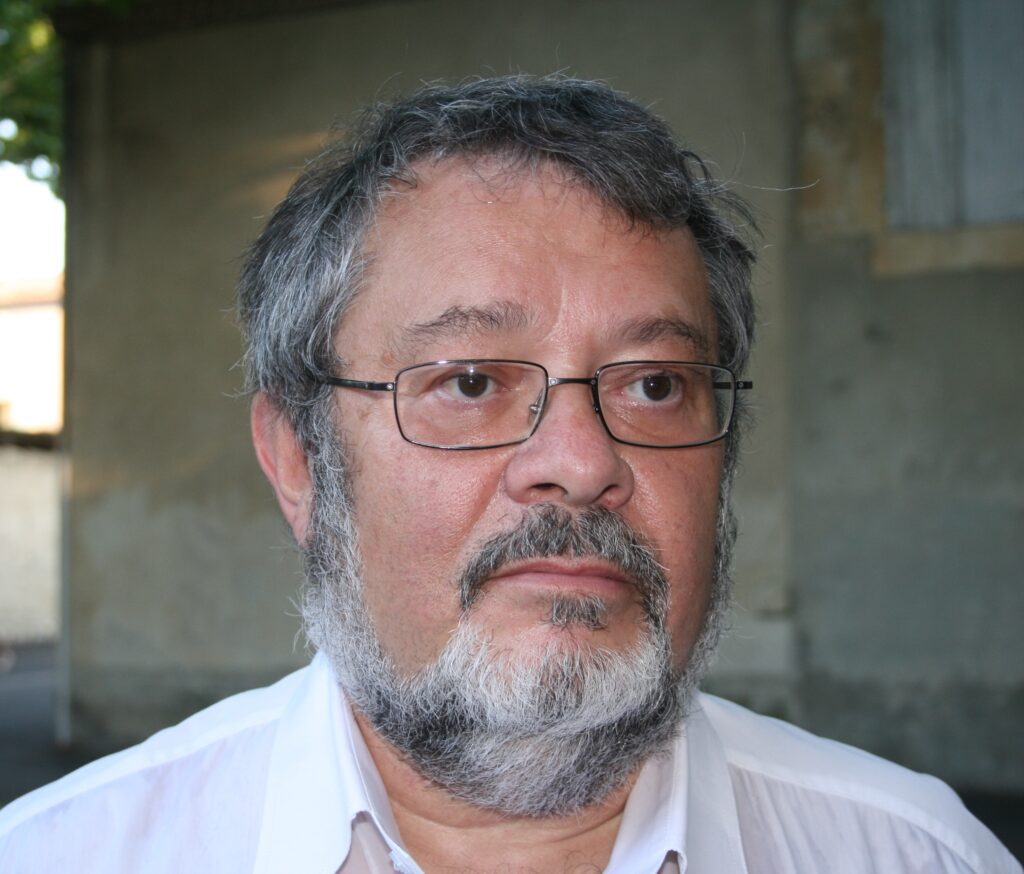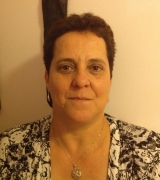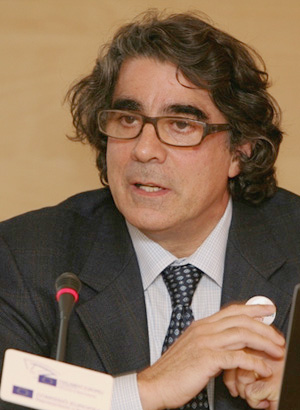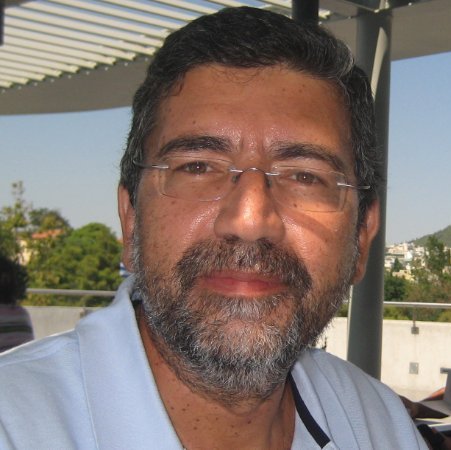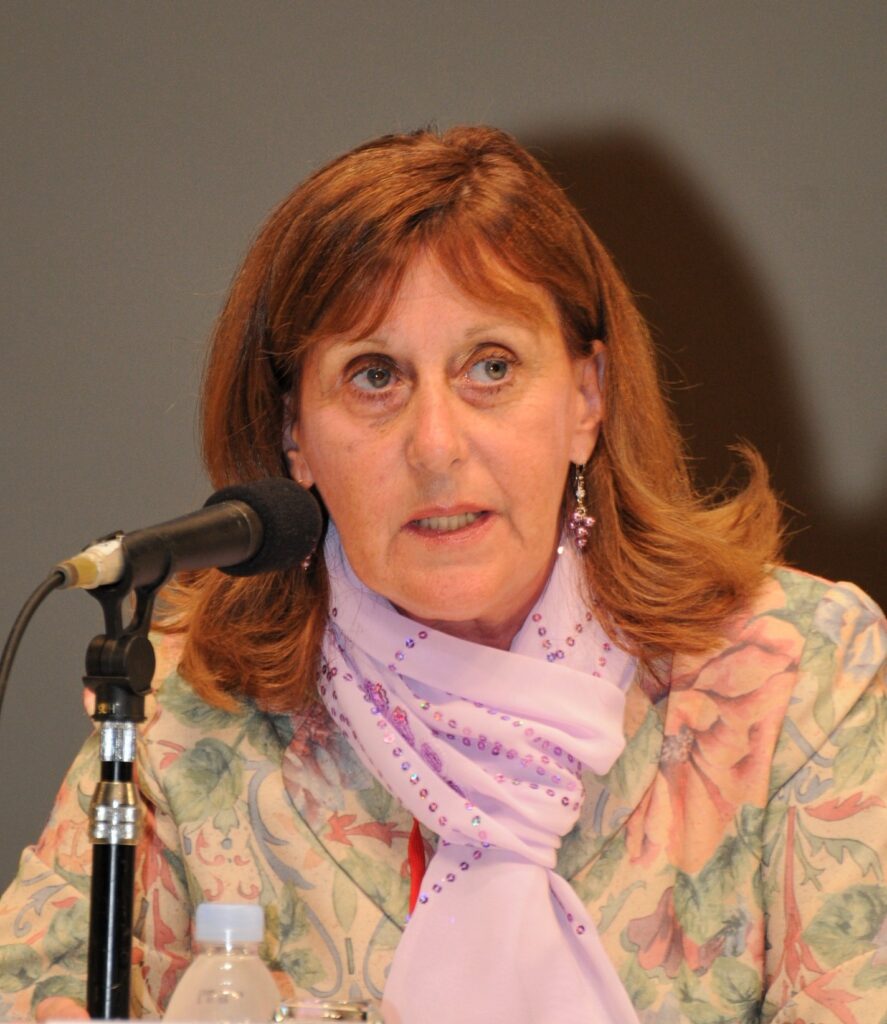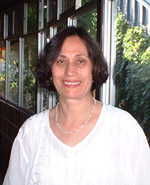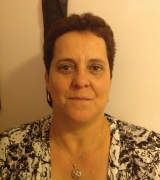Learning to Live Together: The role of education in preventing violent extremism
By: Rev. Dr Hans Ucko Whenever I hear words such as “violent extremism”, it is as if I am drained and a feeling of fatigue overpowers me. The words conjure up images of dead and wounded children and young people. Children as victims. There is Alan Kurdî, the little boy found drowned on the beach […]
Learning to Live Together: The role of education in preventing violent extremism Read More »
